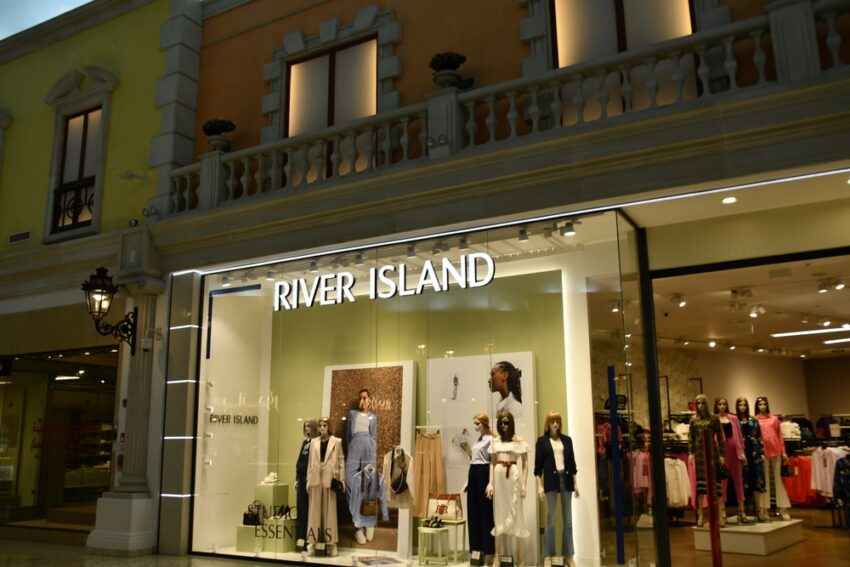River Island warns that it may collapse until the summer ends a proposed restructuring plan, which will look at the requirement of at least £ 10 million in funding by closing 33 stores, significant deductions and funding by September.
In the documents that gave the details of the plan – the first unveiled in June – the High Street Fashion Retailer told the creditors that until the proposals are passed, it could be out of cash by the end of August, it presents that it may be unable to pay his loan as they fall. One vote and court hearing on the proposals is expected to be next month.
Without the support of the landlord, River Island said it would no longer be able to continue as an concern and would be forced to enter into administration or other insolvency proceedings.
The company blamed its deteriorating finance on “a rapid increase in cost of trade” and the changes towards online shopping, which incorrectly abandoned its existing store estate with customer behavior.
High Street Staples, which trades from more than 200 shops, is struggling with a challenging retail environment despite a brief recovery in spring trade, helps in hot weather. Optic was cut back at fashion expenses to prioritize essentials such as food and energy bills in a difficult 2024 and 2025, because in the beginning of 2024 and 2025.
River Island reported a loss of £ 33.2 million in 2023 in 2023, reversing the profit of a minor £ 2 million in 2022. According to the company's latest filing at the company house, the sales fell 19% to £ 578.1 million.
The reorganization plan includes £ 40 million in new funding from the Lewis family's investment vehicle, which continues to control the business. In addition, River Island's largest lender, Blue Coast Capital, has agreed to temporarily waive interest payments and expand the date of maturity at £ 270 million in outstanding loans from 2027 to 2028.
A spokesman from the River Island said that the discussion with the stakeholders was “positive” and the company was convinced that we would get the plan approval in the next few weeks. “
In January, the retailer implemented a cost cut program, which included excesses in his London's main office, which affects departments such as buying and merchandising.
River Island, which began trade as Lewis in the 1940s and later as Chelsea Girl, is the latest in a string of high road retailers to struggle with rising costs, falling footfalls and consumer belts. The company has long been a head of UK high roads and shopping centers, which targets conscious consumers of young fashion.
The plight of the retailer is the echo of the Poundaland, which recently announced its restructuring plan. The proposal can resulting in closure of up to 150 stores, shuttering of two distribution centers, and ending of online, 2,000 jobs can be kept at risk.
If the River Island fails to secure the creditor support, it risks the latest casualties of a retail area under continuous pressure. Its potential collapse will send shockwaves through Britain's fashion industry and retail employment scenario-and further accelerates the decline of the physical high road in later era.

